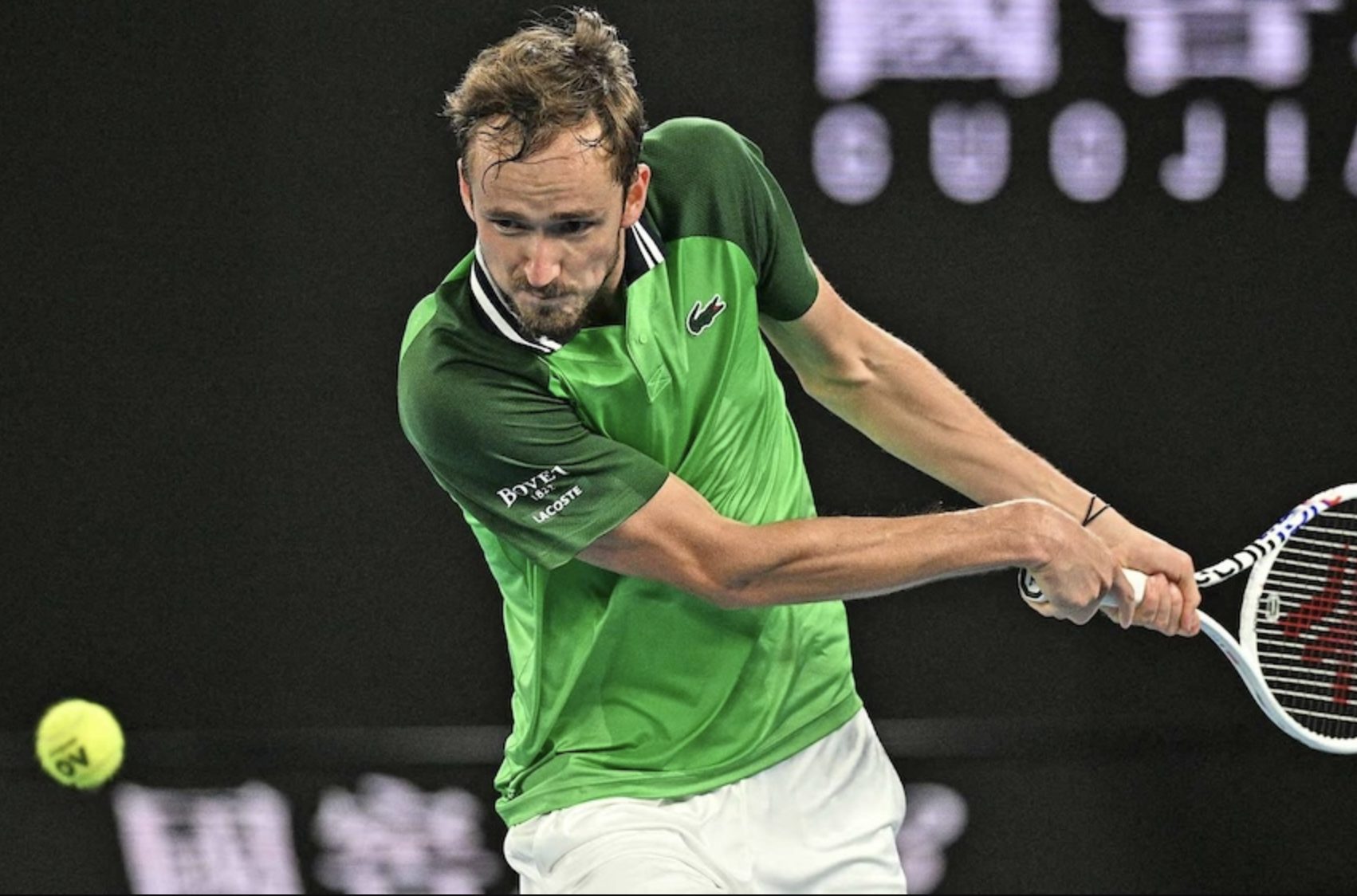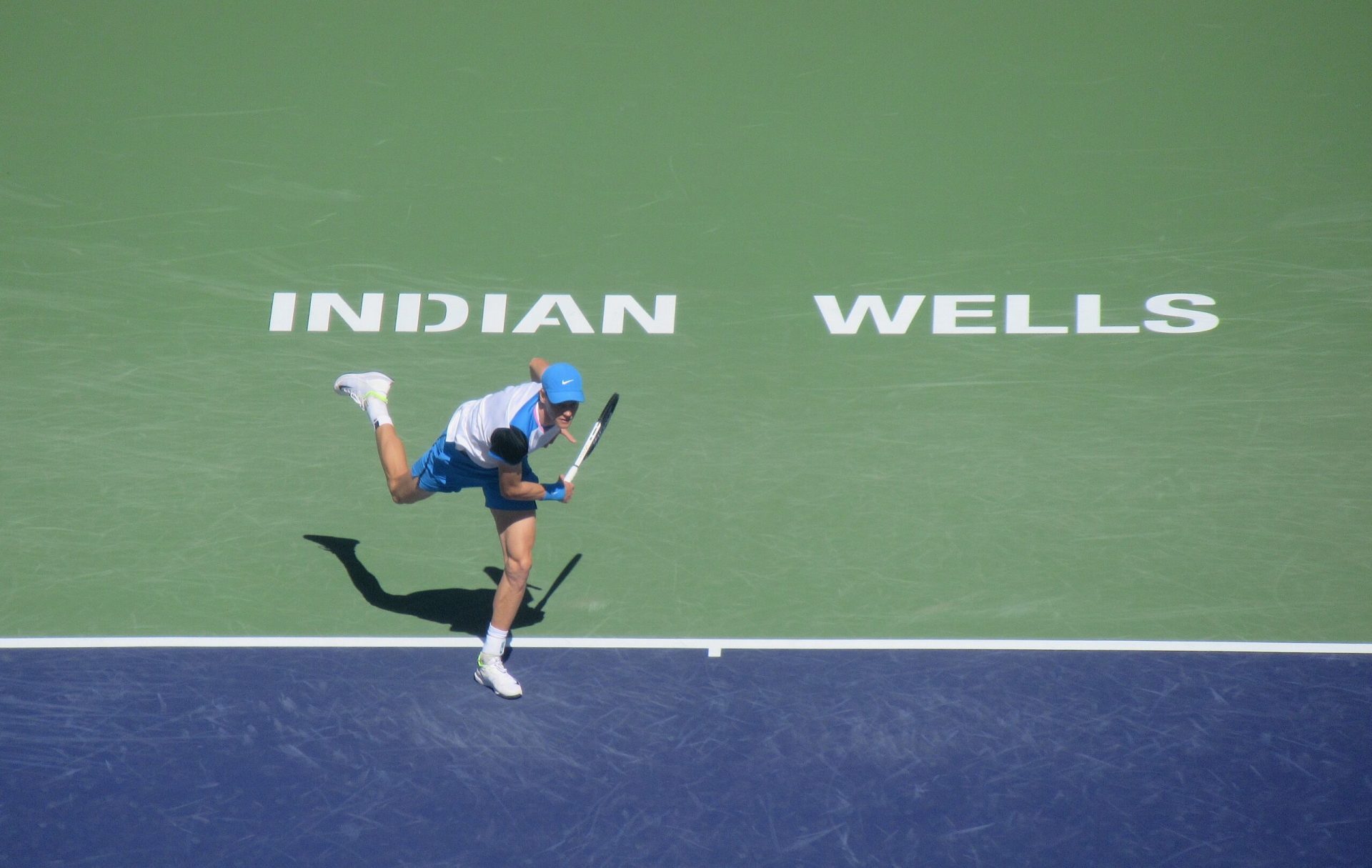[ad_1]
Novak Djokovic didn’t play a great match against Carlos Alcaraz in the 2024 Wimbledon Championships final.
In fact, Toni Nadal criticized his tactics in his column for El Pais. The Spanish coach often writes different columns, mostly about tennis. In his most recent writing, he discussed the 2024 Wimbledon Championships final between Alcaraz and Djokovic.
It was a one-sided affair, which the Spaniard won in straight sets, and Nadal wasn’t a fan of how the 37-year-old Serbian approached that match. Djokovic had a tiny margin of error in the match, because his knee still likely wasn’t 100% healthy, which could have limited his movement, one of his major strengths on grass.
He also didn’t muster up some brilliant serving, which he needed if he wanted to beat his 16 years younger opponent, and overall, he wasn’t as good as Alcaraz in many facets of the match.
“I imagine, as I wrote the day before the final, the doubts of Novak and his team as the match approached. The decision was not easy to make.”
“How to approach the match, with our usual weapons and our own style, or try to neutralise the opponent by looking for other solutions and moving away from our characteristic game?”
“Personally, I have always opted for the first solution. If it is already difficult to play well by doing what you are used to doing, it has always been much more difficult, in my opinion, to play well, especially in the final, by doing what you are not used to doing.”
Nadal was not a fan of Djokovic’s opting for what he called the second solution, which meant that Djokovic tried to counter his opponent, instead of playing his own game.
He felt that tactic was leading to suicide because it wasn’t going to work. The match proved that it didn’t work, as it was a three-set win, 6-2, 6-2, 7-6(4) for Alcaraz.
“Djokovic opted for the second solution. Knowing that neither his legs nor the precision of his shots are those of yesteryear, and that a long and physical match would not favour him either, he tried a tactic that ultimately proved suicidal.”
“He wanted to impose a high pace, play aggressively, shorten rallies from the back of the court and, at the slightest opportunity, close points at the net.”
[ad_2]


